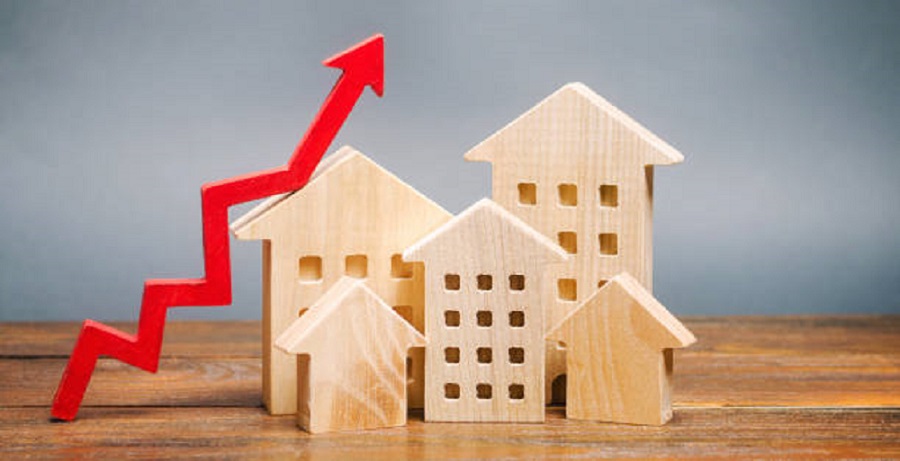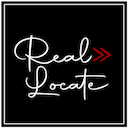
The purchase prices of flats are constantly rising. In the first quarter, the prices climbed up in all regional cities with the greatest interest in buying small flats up to 60 m2. The rental prices have also jumped and are still expected to increase at rocketing rates. However, despite the increase in prices and the rise in mortgage prices, people's interest in buying their own home has not decreased.
Buying a property
The selling prices for flats in older developments have risen by tens of percent year-on-year. The values of apartments in all regional towns have increased at a tremendous pace, but most of all in Ústí and Labem, where prices have risen by up to three-fifths due to the high demand for the cheapest housing. From CZK 30,000 per m2 the value of a flat in Ústí nad Labem rose to CZK 47,000 per m2. An average 40m2 2+kk apartment could be bought in Ústí for about CZK 1.2 million a year ago, this year those interested must prepare to pay almost CZK 1.9 million. Surprisingly, the rent prices here have not gone up yet.
After Ústí nad Labem, the prices of smaller flats grew fastest in České Budějovice, almost by half, and then in Karlovy Vary, Hradec Králové, Jihlava, Ostrava, Pardubice and Olomouc. The smallest increase was recorded in our capital, where prices did not increase by even a fifth. Despite this, the capital remains the most expensive place to live in the Czech Republic with an average price of CZK 131.5 thousand per m2. The second most expensive city is Brno, where the prices of smaller flats have jumped by a quarter and so the price per m2 is more than CZK 110 thousand. Hradec Králové came third, followed by České Budějovice.
The prices of larger apartments of about 80m2 rose fastest again in Ústí nad Labem, evidently at a slower pace than for smaller flats. A buyer must have ready CZK 3.2 million for an 80-metre flat in Ústí nad Labem.
The prices per m2 of comparable apartments in similar regions are generally higher for smaller apartments than for larger ones. In České Budějovice, even a 2+1 apartment is more expensive per m2 than a 3+1 flat. Greater price differences between such flats are also in Prague, Brno and Hradec Králové.
In near future, a significant drop in the sale prices of flats is not expected, because there are still a significant number of those who hold cash and will be willing to buy an investment flat, which will slowly but surely push the prices up. The investment must have a return of around 5 or 6 % to make it worthwhile. Energy prices and high mortgage rates make this return impossible.
Hence why investors will try to sell the property before the agreed mortgage fixed term period ends as the rent will no longer cover the mortgage costs. However, the proportion of investor buyers owning cash is still about 20 % higher than those financing their purchase through a loan, which militates against such an option. Many investors in the market possess the ability and option to hide their surplus cash in invariable assets. Despite the inflation such an investment will ensure guaranteed gains for them and as a result home prices will remain growing.
Rental prices
Rents also rose in the first quarter, although at a slower rate than home purchases. Prices increased up to 15% in České Budějovice, Prague and Brno. Even before the war it was estimated that rents would rise to great heights, but the war accelerated the process. Before the war, the price increases were expected to be around 5%, but now the estimate is more towards a 30% increase.
Due to the rising prices of real estate as well as the growing interest rates on mortgages, owning the property has become highly unaffordable for majority of Czech citizens. For that reason, people are assumed to seek properties for rent rather than buying.


